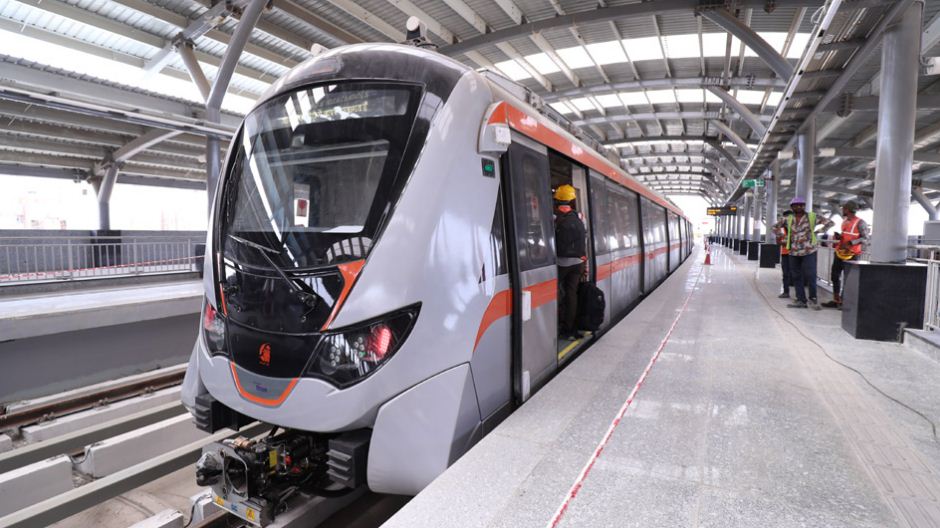Enhancing urban mobility: India’s metro rail transformation
May 24, 2023
New Delhi: The swift urbanization and growing population densities in Indian cities have presented numerous challenges, such as significant traffic congestion and environmental pollution. However, the metro rail system has emerged as a promising solution for countless urban residents, providing them with a dependable, efficient, and environmentally conscious means of travel.
Prior to 2014, a mere five cities in India boasted a modest 229 kilometres of metro rail networks. As of April 2023, a staggering 860 kilometres of metro lines are operational across 20 cities. Moreover, the pace of progress has soared, as the country witnessed a remarkable shift from a monthly average of 0.68 kilometres of commissioned metro lines before May 2014 to an impressive 5.6 kilometres per month (as on April 2023).
To address the imperative for an extensive metro network across India, the Metro Rail Policy was instituted in 2017, serving as a blueprint for the nationwide expansion and modernization of metro networks. The emphasis on domestic manufacturing of metro coaches under the “Make in India” initiative has also yielded manifold advantages. Not only has it bolstered the domestic manufacturing sector, but it has also fostered self-reliance and diminished the country’s dependence on foreign imports.
Further Reading:
Recent Stories
- AMTS to run 93 buses on BRTS corridors from May 8
- Gujarat Board Class 10 Exam 2025 Results Online on May 8
- Jam Saheb writes to PM Modi after precision strike, lauds Indian Armed Forces
- Anand man booked for giving triple talaq to wife via post
- Western Railway announces mega blocks in Geratpur–Vadodara section; several trains affected
- Red Alert in parts of Gujarat; Severe Thunderstorm, Heavy Rain likely over next 24 hrs
- Mumbai–Gandhinagar Vande Bharat Express to have more coaches, more seats

